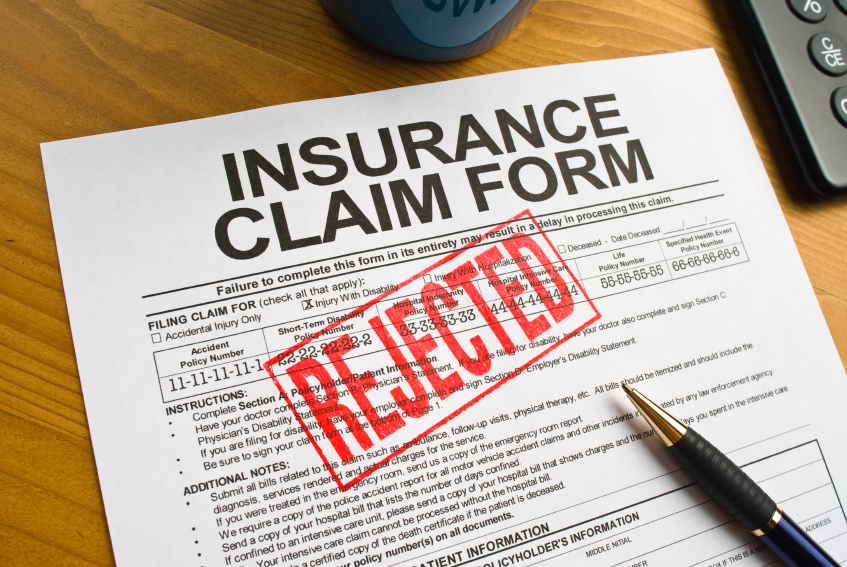
“Why do insurance policies have so many exclusions? If insurers don’t want to cover anything why don’t they just sell something other than insurance?”
If that’s the way you’ve felt you’re not alone. But as strange as it may seem, policies with exclusions are better than those without them! You’re going to have to follow me through this one. Some policies cover very few perils (a peril is a hazard or source of loss). An example would be a simple fire policy that covers just fire and lightning. The basic fire policy has virtually no exclusions at all. If a fire loss occurs, with few exceptions such as arson by the insured, or heat damage by a fire inside of a stove causing scorching to something outside the stove, virtually all other causes of fire are covered, even a fire caused by an earthquake, volcano or flood. However, what if a tornado damages your house? What if you have a vandalism loss or a tree limb falls on your house?
None of those losses are covered by the standard fire policy. The broader the policy the more exclusions are necessary to accurately define what is and what is not covered. Some policies previously known as “all risk” policies and now more often referred to as “open peril“ cover all perils except those excluded. Such policies also transfer the responsibility to prove what caused the loss from the insured to the insurer. That means that if no one knows what caused the loss but the property definitely had a loss and was covered on an “open peril” type policy, coverage applies. To show just how broad the coverage is on such open peril policies, when I first started in the insurance business we had a customer whose child dropped a cannon ball in a toilet, breaking it. There was no exclusion in the policy for that and so the policy paid.
The concept works the same whether you are discussing property insurance, as noted above, Commercial General Liability Insurance or even Auto Insurance. The broader the basic coverage, the more exclusions will be built into the basic policy form.
A second reason why there are so many exclusions is that the policy you buy is customized for a particular exposure to be insured. As an example the Commercial General Liability policy has an automobile exclusion. If it didn’t, liability arising from automobiles would be covered under that policy, but automobile policies are designed to cover autos.
A third reason why exclusions are in various policies is because not every customer has the same exposures and it isn’t fair to charge someone needlessly for exposures they don’t have. For example, some carpet cleaners take customer’s goods to their location to clean them. When they do this, they are acting as a Bailee (a person with whom some article is left, usually pursuant to a contract). But other carpet cleaners never take customer’s goods away from their customer’s premises. So the Commercial General Liability has what is known as the “care, custody and control” exclusion so that no charge has to be made for an exposure most don’t have. The carpet cleaner that has that exposure can buy a Bailee policy to cover it.
A fourth reason policies have exclusions is that some exposures just aren’t or shouldn’t be insurable. For example, war, nuclear reaction and pollution are so serious loss types that most policies don’t cover them. Additionally, certain types of exposures shouldn’t be insured because it works against public policy. For example if someone could insure against faulty workmanship, many businesses wouldn’t use care in their work and just turn faulty workmanship claims over to be paid by insurers. Then everyone’s insurance would go up and you wouldn’t have good quality either.
So as disagreeable as the idea of having exclusions is, they are in and of themselves not bad ideas. Just make sure that you understand what is excluded and why and if you need to buy special coverage for exposure you have, it’s probably available under a separate policy. Sometimes though, exclusions can be a bad thing. Next week I’ll review some significant exclusions that could just be lurking at the back of your current insurance policy…
